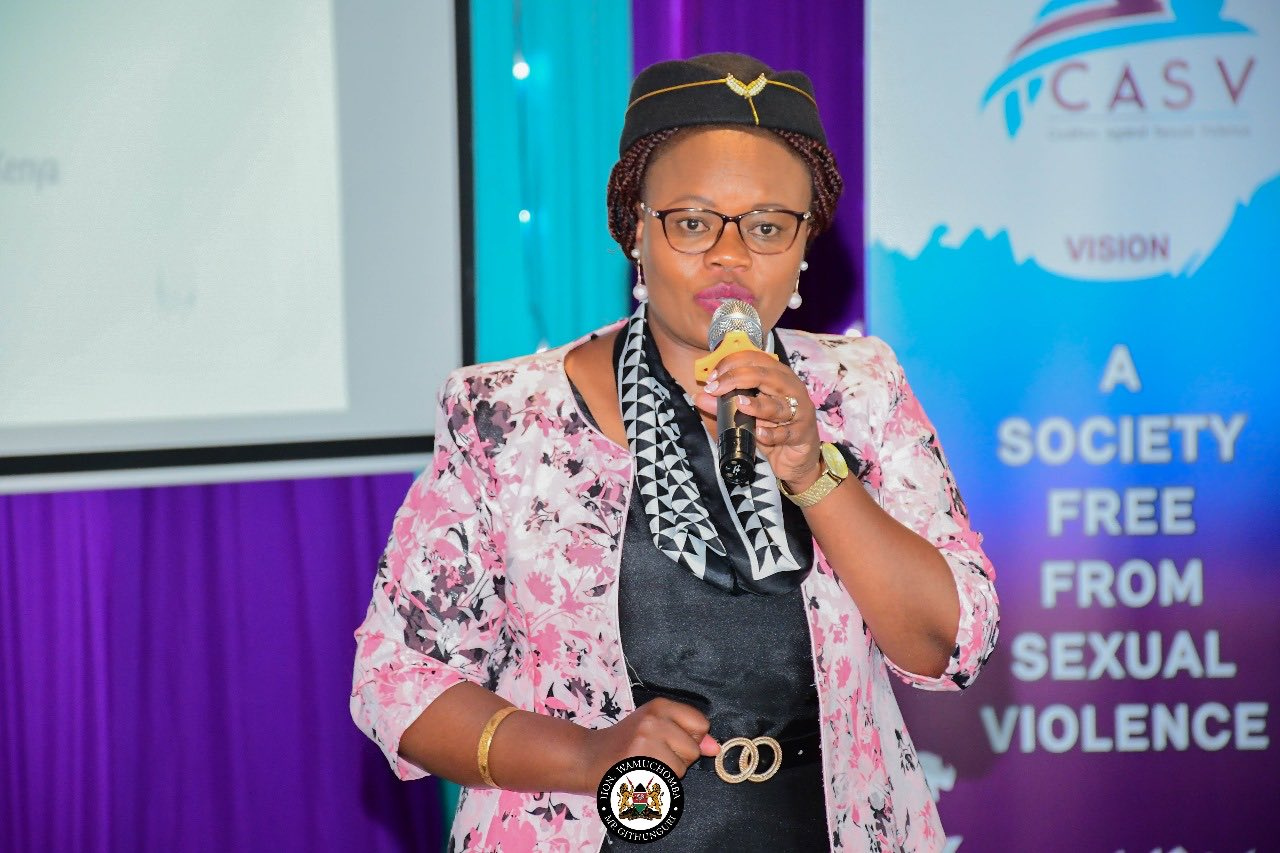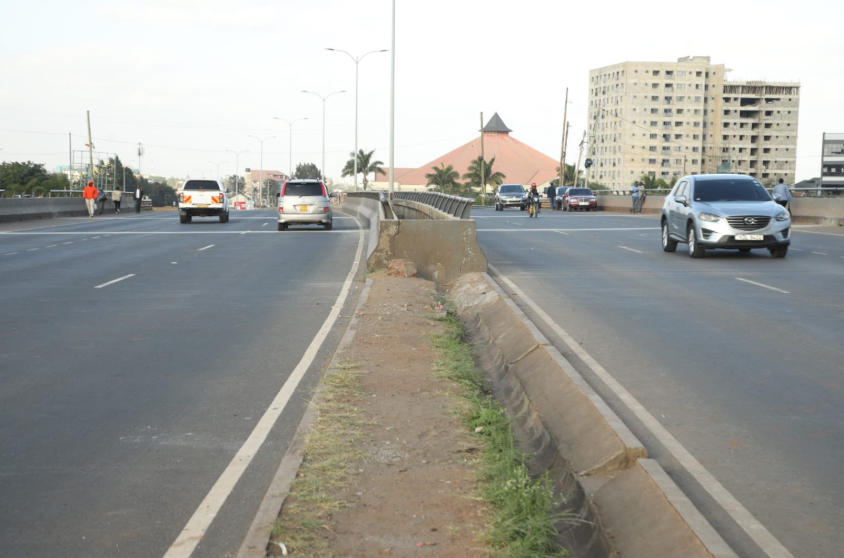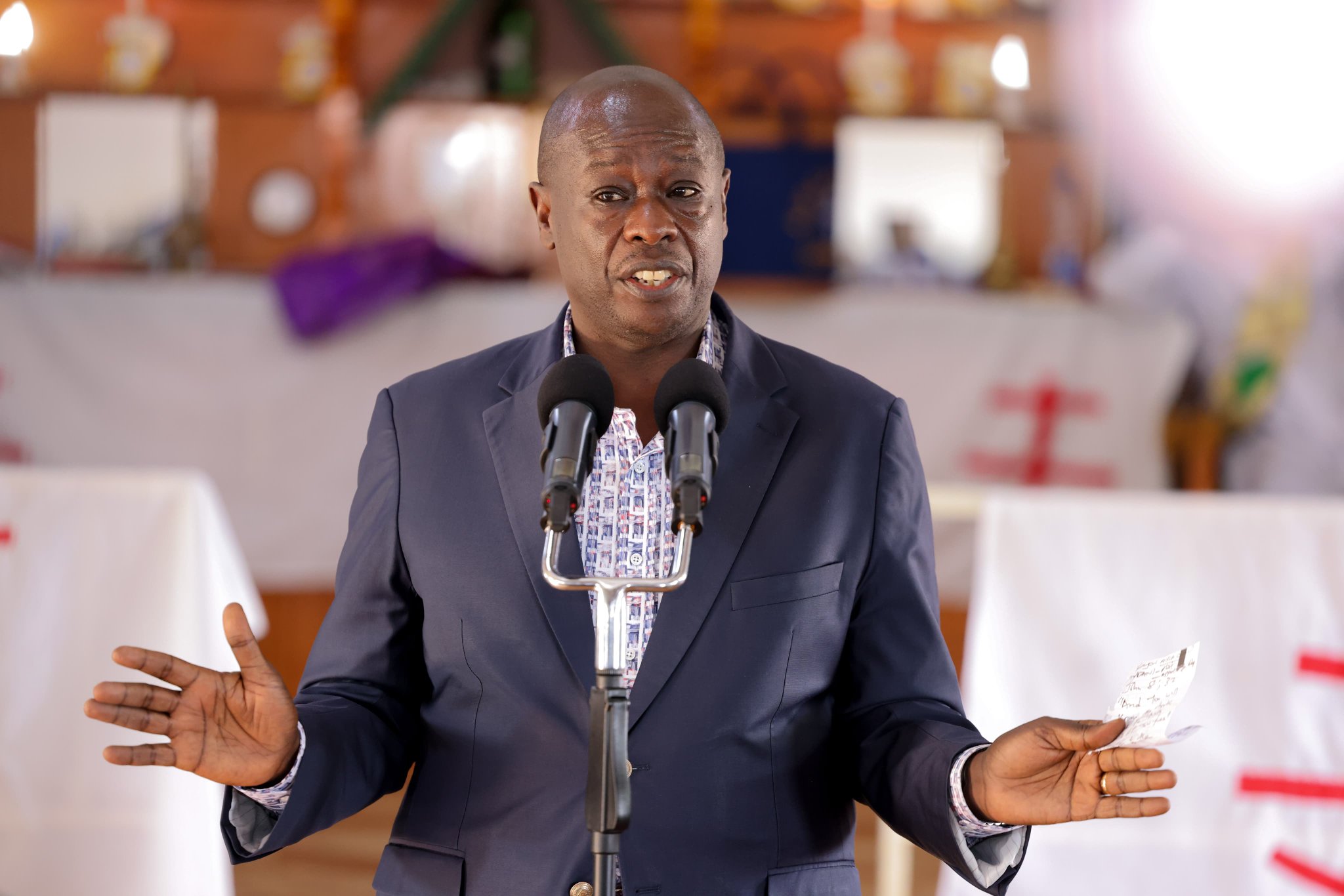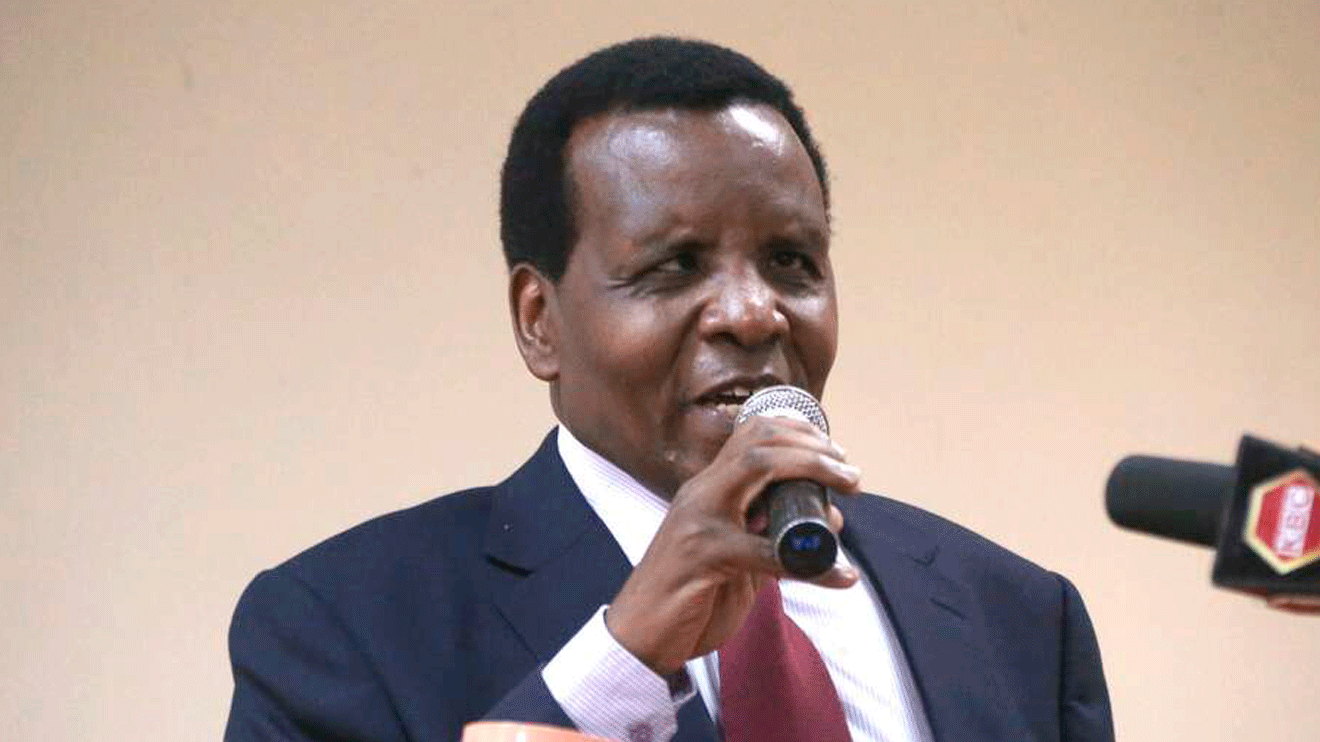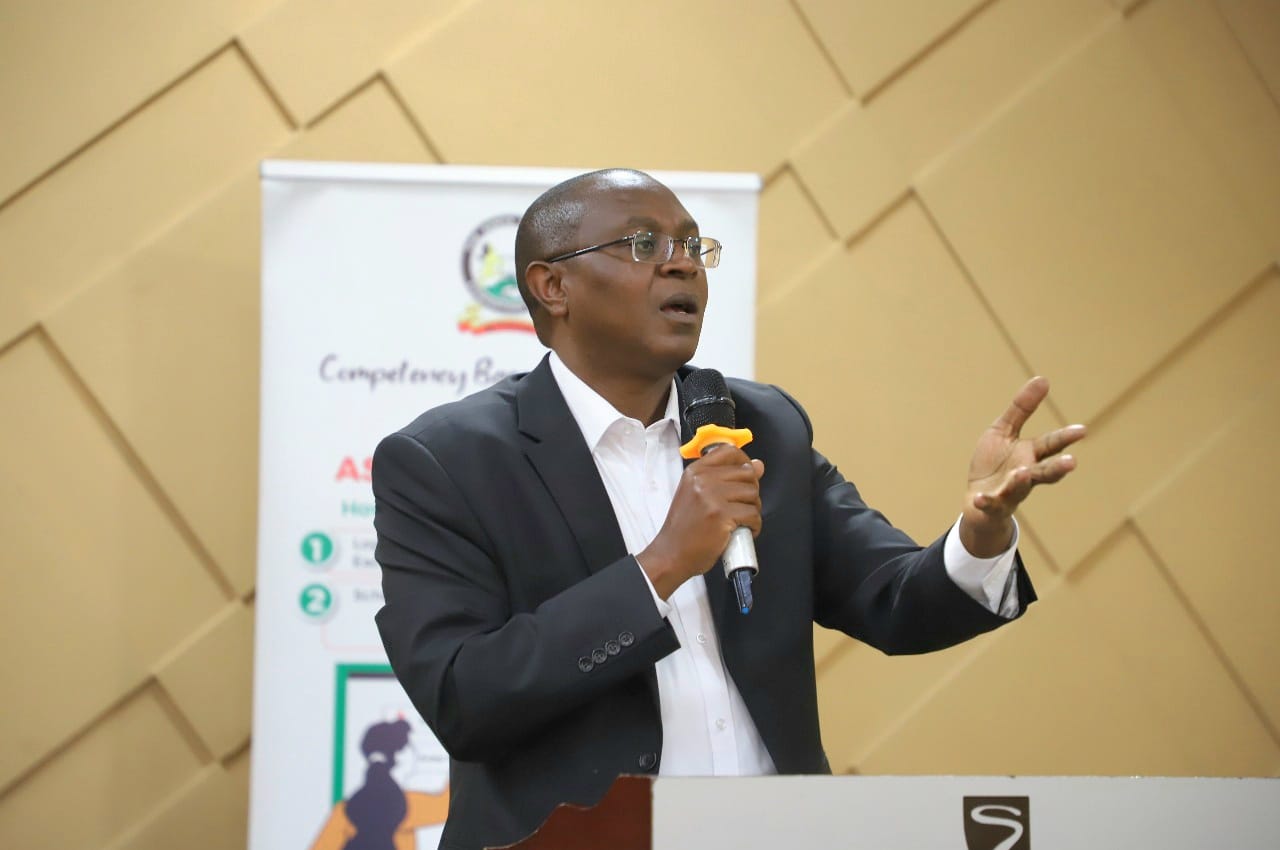Githunguri Member of Parliament (MP) Gathoni Wamuchomba has strongly criticized the sharing of legislators’ mobile phone numbers online, labelling it as a violation of privacy.
Speaking during the second reading of the Finance Bill 2024 tabled in the National Assembly, Wamuchomba expressed her concerns about the unauthorized sharing of contact information and the implications it has on data security and individual privacy rights.
Further, Wamuchomba revealed that she had been overwhelmed with messages from members of the public, puzzled by how they obtained her contact details.
The MP empathized with the senders, suggesting that they might have felt compelled to reach out due to external pressures or urgent matters.
“We have a proposal to amend the Data Protection Act, the act of 2019, it is a law in the previous parliament to protect our personal data. I know members of this house, I included, have received numerous messages from members of the public, where they got our numbers from, I do not know. Whereas we cannot blame because maybe they are operating from a situation of pressure, it is against the law to share members’ numbers,” Wamuchomba remarked.
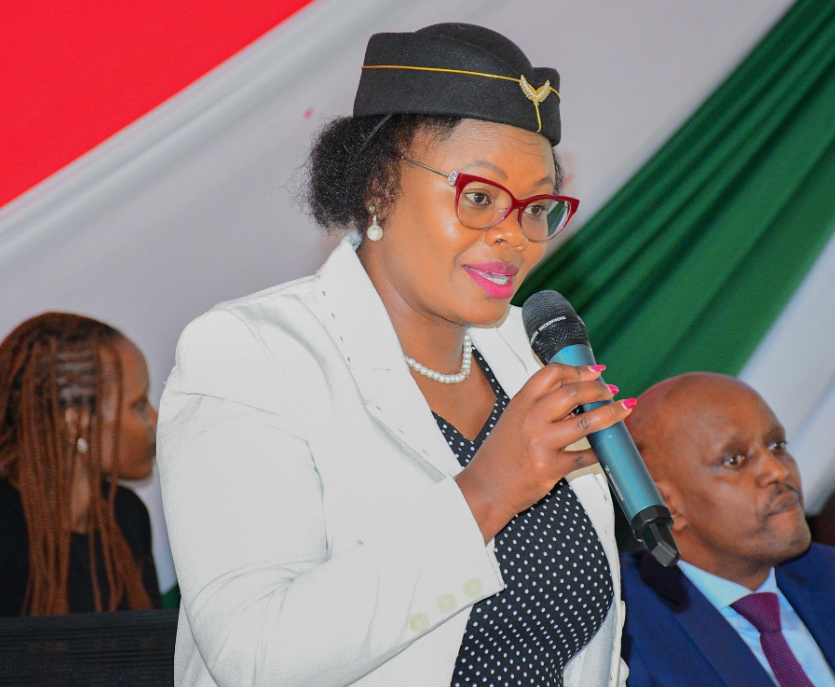

Sharing MPs contacts
Wamuchomba’s remarks shed light on the broader issue of data privacy and the potential risks associated with the unauthorized dissemination of personal information, especially in the context of political activism and protests.
The online sharing of MPs’ phone numbers occurred just days before the Occupy Parliament protest staged on Tuesday, June 18, 2024. It was part of a larger online campaign to pressure leaders into reconsidering contentious tax proposals outlined in the Finance Bill 2024.
Government’s Intervention on Data
As debates around data protection and privacy continue to evolve, the Office of the Data Protection Commissioner stepped in on June 19, 2024, and cautioned the public about a concerning trend on social media.
Recently, there’s been a surge in targeted attacks from the public after the controversial Finance Bill was read.
While making plans for demonstrations, the public started calling and harassing MPs, and when they were not able to be reached, their immediate families took the brunt of it.
The issue gained momentum following the leak of President William Ruto’s phone number and those of members of parliament.
According to the government’s warning, sharing personal information like names, phone numbers, addresses, and family information can lead to severe consequences, such as harassment and defamation.
To curb the spread of harmful online behaviour and promote responsible use of social media, the Data Protection Commissioner stressed the importance of respecting privacy rights and avoiding vigilantism.
Additionally, citizens were reminded that everyone has the right to privacy, regardless of political or public status.
Before you go…how about joining our vibrant Telegram and WhatsApp channels for hotter stories?
Telegram: https://t.me/k24tvdigital
WhatsApp:https://whatsapp.com/channel/0029VaKQnFUIXnljs50pC32O

